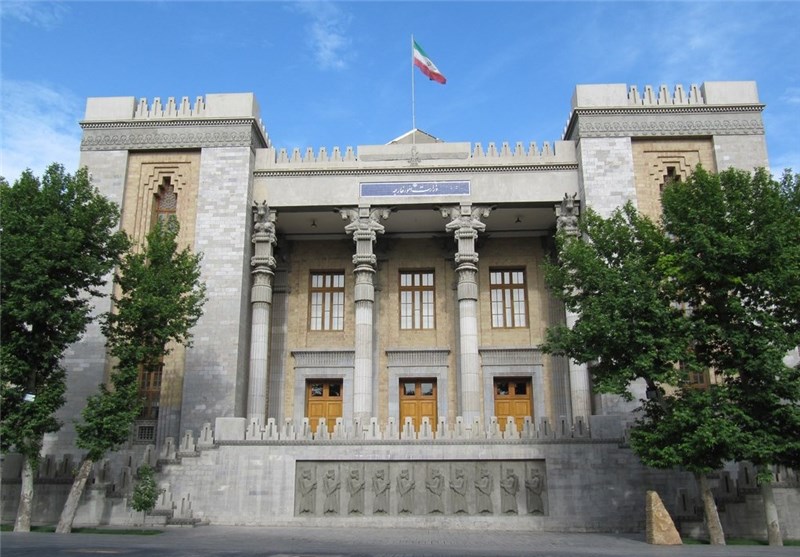“The country has been elected as the non-permanent member of UNSC for a two-year period, from 2017 to 2018, and it is the first country from Central Asia to become a non-permanent UNSC member state,” Qassemi said, as reported by Khabar Online and translated by IFP.
“Kazakhstan is able to play a positive role in the UNSC while the world is faced with various crises,” he went on to say.
The 193 members of the United Nations General Assembly elected Sweden, Bolivia, Ethiopia and Kazakhstan to serve on the world body’s Security Council for a period of two years, starting from 1 January 2017.
Under the UN Charter, the Security Council has the primary responsibility for international peace and security, with all UN Member States required to comply with Council decisions. The Council’s 10 non-permanent seats are allocated according to a rotation pattern set by the Assembly in 1963, to ensure a proportionate representation over time from the different parts of the world: five from African and Asian States; one from Eastern Europe; two from Latin American States; and two from Western European and Other States.
At today’s election, the General Assembly members voted by secret ballot for five seats divided by geographical grouping – two from Africa and the Asia-Pacific region, two from the Western Europe and Others Group, and one from Latin America and the Caribbean.
Bolivia and Ethiopia were chosen by their regional groups and had no competitors. Kazakhstan won the seat reserved for Asia Pacific against Thailand, while Italy, the Netherlands and Sweden had competed for two seats for Western Europe.
The newly-elected countries will replace Spain, Malaysia, New Zealand, Angola and Venezuela.
The Security Council has 15 members, including five permanent. The five permanent members, each with the power of veto, are China, France, Russia, the United Kingdom and the United States. Other current non-permanent members are Japan, Egypt, Senegal, Ukraine and Uruguay.
The Security Council is also responsible for determining the existence of a threat against peace and to respond to an act of aggression. It is also responsible for finding peaceful means to settle a conflict or a dispute between States. In some cases, the Council can resort to sanctions or even authorize the use of force to maintain or restore international peace and security.
The Security Council also recommends to the General Assembly the appointment of the Secretary General and the admission of new Members to the United Nations.
